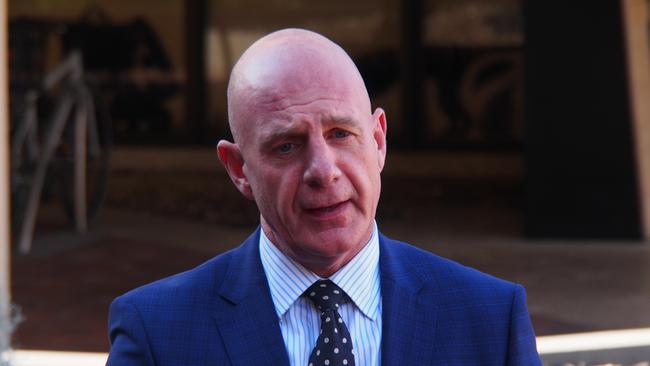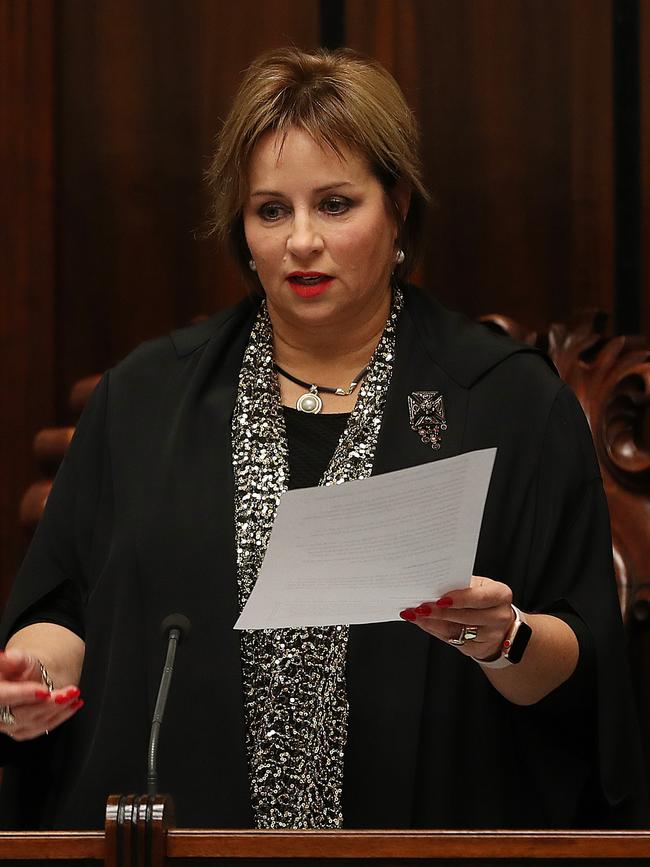Government says Labor only wants compulsory voting at Tasmanian council elections because it will benefit them
UPDATED: SPEAKER Sue Hickey says she is disappointed the State Government does not see compulsory voting at council elections as a priority and urged it to reconsider.

Politics
Don't miss out on the headlines from Politics. Followed categories will be added to My News.
MORE: COUNCIL VOTE TURNOUT ‘AT CRISIS POINT’
“Non-compulsory postal voting is archaic, wasteful and proven to deliver results that are inadequate for a true reflection of the significance of this important tier of government,” she said.

“I am disappointed the Government does not see this issue as a priority because it is about good governance.
“I firmly support a review into the Local Government Act and hope that we are prepared for significant change by the next election.
“Having been an alderman and a Lord Mayor of the Hobart City Council for over 7½ years, I have always believed that compulsory voting is the only way to get a more representative council.”
Ms Hickey also signalled it was time to put council amalgamations back on the agenda as part of the Local Government Act review, something Mr Gutwein has previously ruled out.
“The time has come for active encouragement by the Government of amalgamations,” Ms Hickey said.
On Sunday, Labor’s David O’Byrne said the State Government needed to show leadership and implement compulsory voting to ensure councils were truly representative of their communities.
READ MORE:
POWER AND PASSION IN BATTLE FOR HOBART
PARTY POLITICS CREEPING INTO COUNCIL ELECTIONS
CHARLES WOOLEY: IN DEFENCE OF COUNCIL ELECTION VOTING
But Mr Gutwein said this was another example of Labor acting in its own interest, not Tasmania’s.
“Once again, Labor are in lock-step with the Greens in calling for compulsory local government voting.”
But Greens local government spokeswoman Rosalie Woodruff said while the party was open to compulsory voting at the council level, it wanted the matter discussed with the public.
“We support democracy and the best way to get the highest real participation in local council elections,” she said.
“There is no doubt the mechanism of postal voting is now difficult and clumsy for many people.
“It is not the form of communication most people use, and finding another mechanism, such as electronic voting, may yield a better return.”


